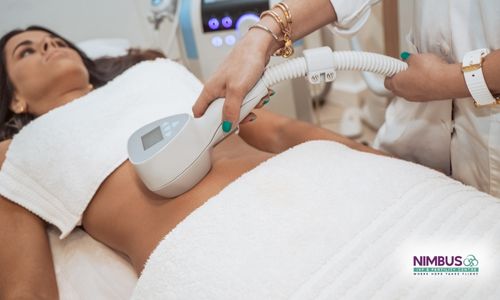Empowering Women Through Social Freezing: Taking Control of Fertility

In today’s fast-paced world, many women are prioritizing their careers, education, or personal growth before starting a family. While these pursuits are empowering, they often coincide with a woman’s peak fertility years. This is where social freezing emerges as a groundbreaking solution, giving women the ability to preserve their fertility and take control of their reproductive choices.
What is Social Freezing?
Social freezing is a medical procedure that involves freezing a woman’s eggs to be used later when she is ready to conceive. Unlike traditional fertility preservation methods for medical reasons, social freezing is chosen proactively to delay childbearing for lifestyle or career-related reasons. By preserving healthy eggs at a younger age, women can reduce concerns about declining fertility as they get older.
Why is Social Freezing Important?
Fertility naturally declines with age, particularly after the age of 35. As a result, conceiving later in life can become more challenging. Social freezing allows women to take charge of their reproductive timeline, ensuring they have the option to start a family when they are emotionally, financially, and physically prepared.
Benefits of Social Freezing
- Greater Flexibility: Women can focus on career advancements, travel, or personal goals without sacrificing their future family plans.
- Improved Success Rates: Eggs frozen at a younger age are generally healthier, increasing the chances of successful conception when used later.
- Emotional Empowerment: Social freezing gives women peace of mind, knowing they have taken proactive steps to secure their reproductive future.
Is Social Freezing Right for You?
Women in their late 20s to early 30s are typically the best candidates for social freezing, as egg quality and quantity are optimal during this period. Consulting with a fertility specialist can help assess individual circumstances and determine the best course of action.
The Future of Family Planning
As social freezing becomes more widely accepted, it is changing societal norms around fertility and motherhood. Women no longer have to choose between professional success and starting a family. Instead, they can confidently plan their future with more control and fewer compromises.
In conclusion, social freezing is an empowering option that offers women the freedom to align their family-building goals with their life ambitions. By embracing this innovative fertility solution, women can make informed decisions and take charge of their reproductive health on their own terms.